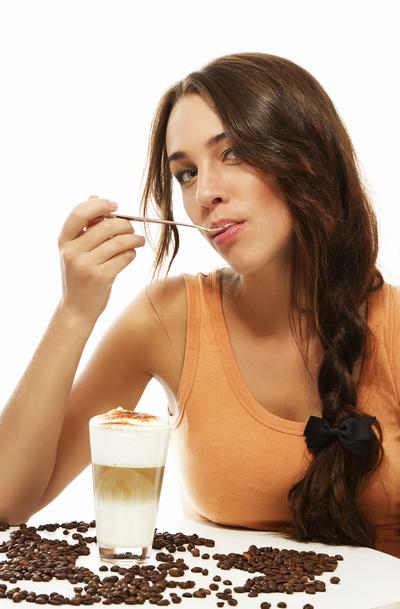Excessive calories, often from sugary beverages, is linked to many disease and health conditions, while excessive alcohol intake is related to more than 200 diseases and accounts for about 6 percent of deaths globally. everages were categorized into a bitter-tasting group and a sweet-tasting group. This makes sense, because other than water, people will regard drinks as one or the other. Bitter included coffee, tea, grapefruit juice, beer, red wine and liquor. Sweet included sugar-sweetened beverages, artificially sweetened beverages and non-grapefruit juices.

Loci associated with bitter beverages, sweet drinks, and caffeinated ones were determined and that made the finding muddy. Sub-phenotype analyses targeting the alcohol, caffeine and sweetener components of beverages and found FTO was linked to sugary drinks. One variant in a gene, called FTO, was linked to preference for sugar-sweetened drinks but the same variant is related to lower risk of obesity. The big risk may be reading too much into conclusions drawn from self-reported behavior, even if they are matched with a genome-wide association study.
"People like the way coffee and alcohol make them feel. That's why they drink it. It's not the taste," said Marilyn Cornelis, assistant professor of preventive medicine at Northwestern University Feinberg School of Medicine.





Comments